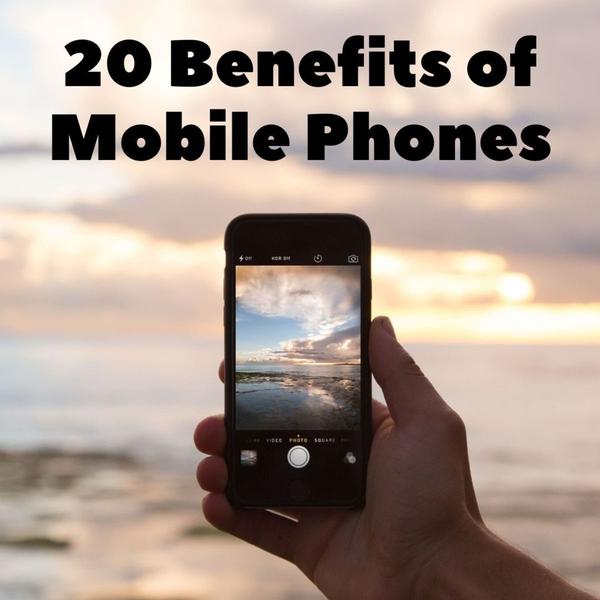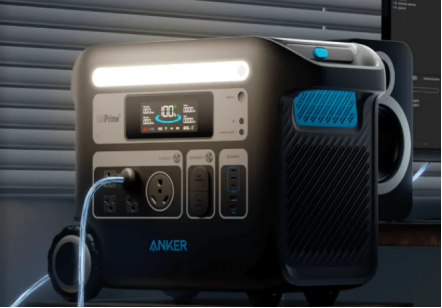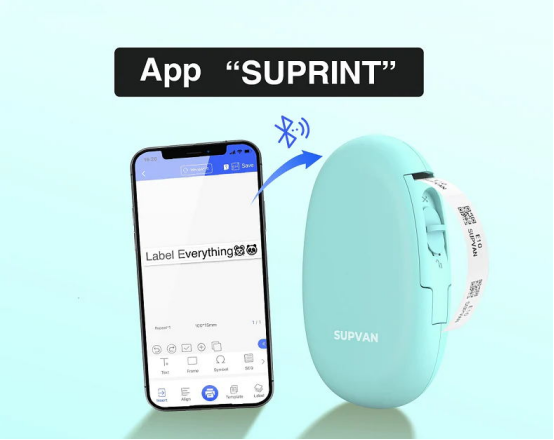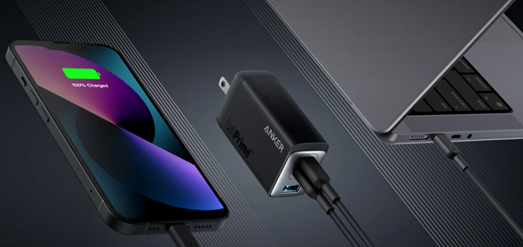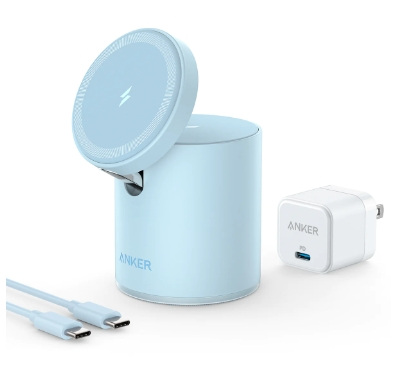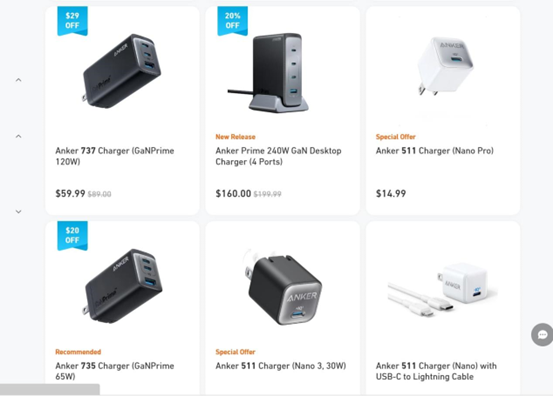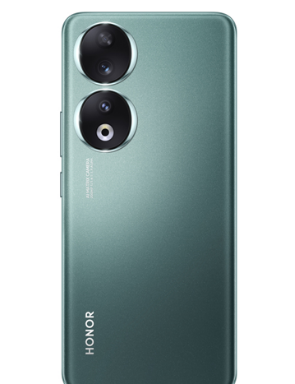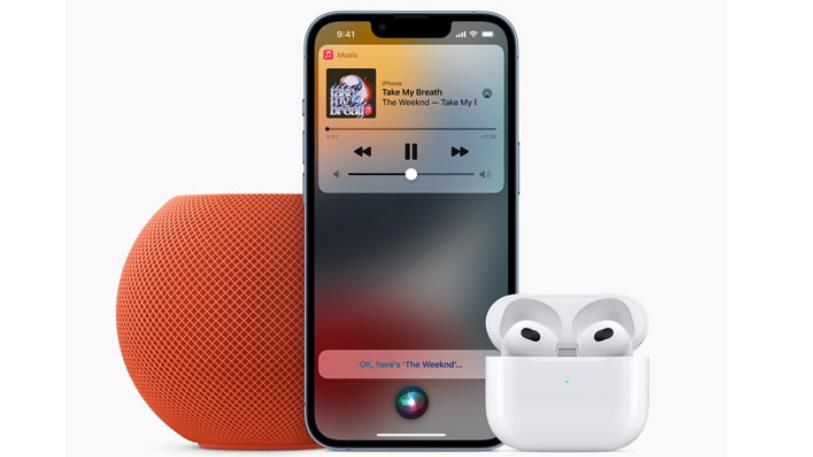
By cuterose
Apple Music lossless: which devices will (and won't) play lossless and Spatial Audio
Apple Music has been upgraded in a big, big way. The music streaming service now supports CD-quality and hi-res lossless audio, offering subscribers much higher quality. The service also introduced Dolby Atmos-powered Spatial Audio for immersive audio playback and, if you've got certain AirPods or Beats buds and a recent iPhone or iPad, you can get Apple's top-tier spatial audio with dynamic head-tracking.
Apple's lossless and Spatial Audio offerings are available to Apple Music users at no extra cost. Apple describes the additions as Apple Music's "biggest advancement ever in sound quality" – and we'd have to agree. "Excellent news. Well done, Apple!" we thought upon hearing the news.
But here comes the (rather large) downside.
Apple's own headphones don't support lossless audio. None of them. That means even if you've spent £549 ($549, AU$899) on a pair of AirPods Max, you can't listen to Apple Music in the highest quality. Miffed? We don't blame you.
That's not the whole story, though: the AirPods Max aren't the only Apple device not able to take advantage of lossless audio, and – on the plus side – Spatial Audio support is much wider. Let's take a look at which devices can benefit from hi-res audio, which don't, and why...
What is Apple Music Lossless?
Essentially, it's Apple embracing hi-res audio. Apple's Lossless streams use ALAC (Apple Lossless Audio Codec) to offer more detail and information in a recording.
Apple offers three tiers of higher resolution audio: CD quality (16-bit/44.1kHz), Apple Music Lossless (up to 24-bit/48kHz), and Hi-Res Lossless (up to 24-bit/192kHz). You can choose your quality through the Settings > Music > Audio Quality section of Apple Music.
All of Apple Music's 90-million-strong music catalogue is now available in CD quality or Apple Music Lossless. Over 20 million tracks were accessible in the highest quality Hi-Res Lossless format at launch in summer 2021, and the streaming giant seems to have made good on its promise to bring the entire catalogue – in Lossless, at least – by the end of 2021.
Apple Music isn't the first service to offer lossless or hi-res streaming, of course. Tidal, Qobuz and Amazon Music HD all offer CD-quality and hi-res listening, while Deezer offers the former. Spotify's long-awaited Spotify HiFi tier is due to offer CD-quality streams, too, at some point... the streaming behemoth was unable to make good on its 'by the end of 2021' launch pledge.
What is Spatial Audio?
Another new addition to Apple Music is Spatial Audio, which is a two-pronged Apple technology designed to provide "multidimensional sound and clarity" delivering surround sound and 3D audio via your headphones.
Spatial Audio was initially launched as part of iOS 14 and iPadOS 14, and the newer Spatial Audio with Dolby Atmos feature for Apple Music arrived as part of the iOS 14.6 and iPadOS 14.6 updates.
Spatial Audio is a slightly different beast to the new Dolby Atmos-powered Spatial Audio for Apple Music in that the latter also utilises the sensors in Apple's own headphones to enable dynamic head-tracking. Because the implementation for Apple Music of Spatial Audio is sound-only, there's no head-tracking involved.
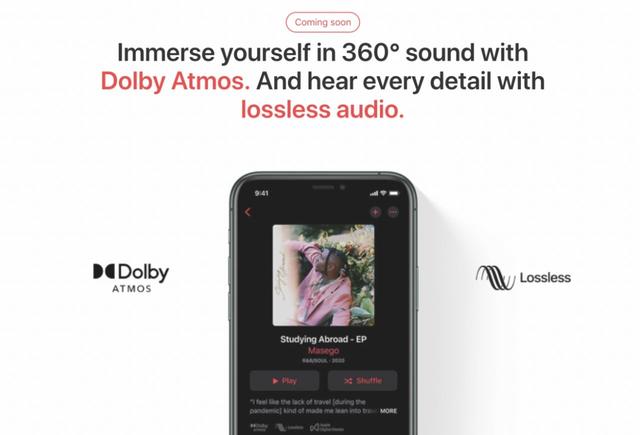
"Thousands" of Apple Music tracks were available in Spatial Audio with Dolby Atmos at launch, with more being added regularly.
Which devices work with Apple Music lossless?
The big news is that no model of AirPods will support lossless audio. In the case of the AirPods and AirPods Pro, that's not exactly surprising, seeing as they're both completely wireless and Apple only supports the AAC (rather than ALAC) codec over Bluetooth – that's a step up from MP3, but nowhere near the quality of lossless.
The AirPods Max can be wired to an iPhone, so one might hope that that could be a way to get lossless audio. But actually they only work with analogue audio sources in wired listening mode. Which again means no lossless listening.
Its HomePod range of smart speakers do now support lossless – that's the now discontinued HomePod and still-very-much-current HomePod Mini.
Apple's iPhones (since the iPhone 7) natively support lossless – but only Apple Music Lossless, and not the highest quality Hi-Res Lossless (which delivers up to 24-bit/192kHz). If you want to listen to Apple Music tracks above 24-bit/48kHz on your iPhone, you'll need to connect an external DAC and use a wired pair of headphones. Check out our guide for how to listen to hi-res audio on an iPhone.
The same is true of the Apple TV and iPad families, which are listed as supporting Apple Lossless, with no mention of Hi-Res Lossless.
Which devices support Spatial Audio?
Apple devices are much better represented when it comes to Spatial Audio through Apple Music.
In fact, the effect is available on all AirPods and Beats headphones with an H1 or W1 chip. (That's the AirPods (2019), AirPods 3 (2021), AirPods Pro, AirPods Max, BeatsX, Beats Solo3 Wireless, Beats Studio3, Powerbeats3 Wireless, Beats Flex, Powerbeats Pro, and Beats Solo Pro).
Furthermore, Apple's newest midrange AirPods 3 and Beats Fit Pro offer full support for Apple's Spatial Audio with Dolby Atmos technology. By 'full' we mean that the experience uses dynamic head-tracking to make the 3D audio from music and videos (and even Group FaceTime calls) even more immersive. Just as it does with Apple's pricier AirPods Max and AirPods Pro.
You don't have to line Apple's pockets to hear the Dolby Atmos tracks, though. The 'regular' Spatial Audio also works on any headphones connected to an iPhone, iPad or Android device, provided said Android device is compatible with Dolby Atmos and as long as you enable Dolby Atmos manually.
To do so on your iOS device, head to Settings on your iPhone or iPad and then to Music to find the Dolby Atmos option. This will be set to Automatic by default, which means Dolby Atmos tracks will play correctly when you're listening via any W1- or H1-enabled pair of Apple or Beats headphones, but not when you're using third-party headphones. However, if you switch this option to Always On, even non-Apple headphones will play back Dolby Atmos tracks in all their sonic glory.
Note that this only applies to Dolby Atmos Spatial Audio tracks on Apple Music, and not Spatial Audio content from other apps like TV. (Remember, Spatial Audio in the TV app is a slightly different beast in that it also utilises the sensors in Apple's own headphones to enable head-tracking.)
The HomePod and HomePod Mini now also support Spatial Audio, so you can fill your room with virtual 3D sound from a single device. As do the iPhone 11 onwards and iPad Pro (but not iPad, iPad Mini or iPad Air).
Playing from an Apple TV 4K into a Dolby Atmos soundbar or system will work too.
MORE:
Check out the best wireless headphones around
Read our in-depth review of the iPhone 13
3D sound from a soundbar: Best Dolby Atmos soundbars
Need new music? Apple Music playlists to listen to right now


